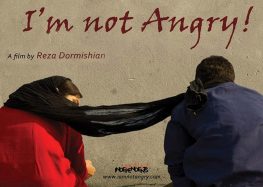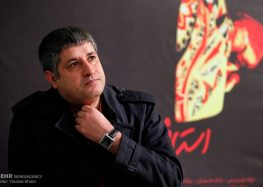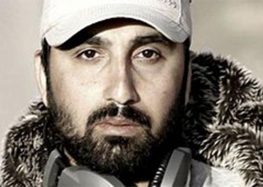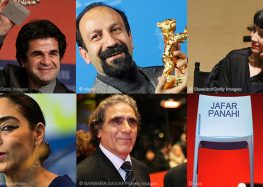Legal Expert Expresses Outrage over Charges against Renowned Iranian Artist Parviz Tanavoli
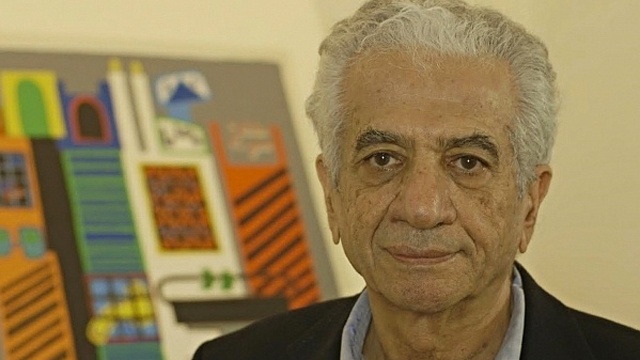
Charging the prominent Iranian artist Parviz Tanavoli, who also holds Canadian citizenship, with “disturbing public opinion and spreading falsehoods” is “shocking,” an expert on the Iranian legal system told the International Campaign for Human Rights in Iran.
“I cannot imagine how a prosecutor could level such a charge against a sculptor,” said the Norway-based lawyer, Mahnaz Parkand. “I don’t know how you could find a law to punish a sculptor for his work. This is a very strange move; a setup only befitting the Islamic Republic of Iran.”
Tanavoli was prevented from boarding a flight to London where he was due to give a speech at the British Museum and his passport was confiscated on July 2, 2016 at Tehran’s Imam Khomeini International Airport.
The 79-year-old artist, who has homes in Tehran and West Vancouver, Canada, told the semi-official Iranian Labor News Agency (ILNA) on July 10, 2016 that based on a complaint from Tehran’s police force, the Culture and Media Court had charged him with “disturbing public opinion and spreading falsehoods” and banned him from leaving Iran.
Parakand told the Campaign that based on Article 698 of Iran’s New Islamic Penal Code a person can be accused of “disturbing public opinion and spreading lies” through the action of sending or publishing “a letter or complaint or correspondence or petitions or reports or distribution of printed or written papers” but “this law cannot be used against Mr. Tanavoli.”
“How can they include sculptures as written material? And how have his creations disturbed public opinion or the authorities?” she said. “We must be very careful when we accuse someone so as to avoid playing with their reputation, dignity and freedom.”
Known as the “father of modern Iranian sculpture,” Tanavoli’s sculptures and paintings have brought him international fame and sold for millions of dollars at international art auctions.
The sculptor is also known for his motif presentation of the Persian word “heech,” meaning “nothing,” which resulted in Iranian conservatives accusing him of godless nihilism. Yet he has never had legal problems before and recently a retrospective of his work spanning 50 years was displayed at the Niavaran Palace in Tehran.
“My lawyer is going to hand over a collection of photographs of my work to the court to determine which of them have disturbed public opinion,” Tanavoli told ILNA. “I’m sure someone is behind all this, but I don’t know who or why.”



